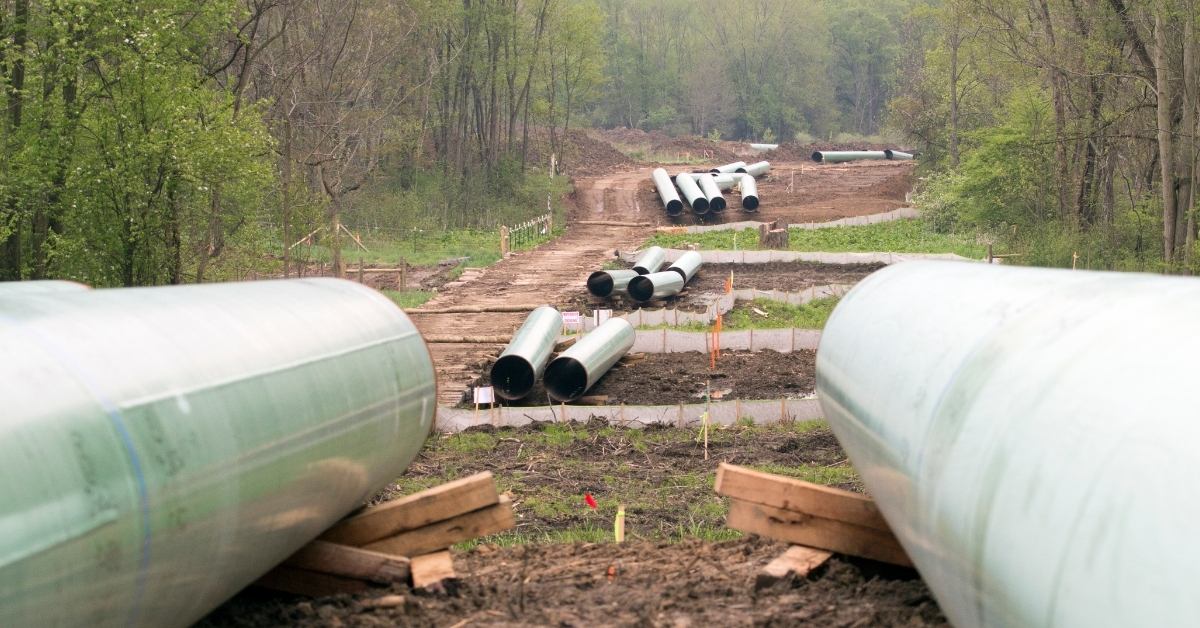
MVP Activist Says You Don’t Need a Technical Background to Be an Advocate
Environmental advocacy is a critical component of preserving the planet and mitigating the effects of climate change. Many people may be hesitant to participate in environmental advocacy because they feel that they lack the technical knowledge to make a meaningful contribution. However, it is important to recognize that anyone can be an environmental advocate, regardless of their background or expertise.
Gwyneth Homer grew up in southwestern Virginia and learned about the importance of being a community-member, on a human and ecosystem scale. From an early age, she valued justice, and was engaged in civic action, writing letters, or participating in marches. Today, she works in childcare, hoping to instill the values of justice, love, respect, and empathy by showing loving-kindness to the children. She continues to be involved in social and environmental justice work, especially fighting the Mountain Valley Pipeline (MVP) since it runs through her county.
She joins Wild Virginia Virtual Coffee Talk to discuss the Clean Water Advocates Program, why she joined the course, and what she hopes to use from it against fighting MVP with organizations like Wild Virginia, Protect Our Water Heritage Rights (POWHR), and Appalachian Voices.
One of the most significant contributions that an environmental advocate can make is to raise awareness about environmental issues. This can be achieved through social media, community events, or even just by talking to friends and family. By spreading the word about environmental issues, advocates can help to educate others and create a groundswell of support for environmental initiatives.
Another way that anyone can be an environmental advocate is by making small changes in their daily life. This can include things like reducing energy consumption, using public transportation, or carpooling, and reducing waste. These small changes can have a significant impact when adopted by a large number of people.
Environmental justice and advocacy in this space is something that has been passed down from generation to generation in Homer’s upbringing. She says, “I’m in a space of privilege, and it is my responsibility to speak up for those whose voices have been silenced.”
Finally, individuals can get involved in environmental advocacy by supporting organizations that work to protect the environment. This can include donating time or money to environmental organizations, attending rallies or protests, or even just signing petitions.
Environmental advocacy is a crucial component of preserving the planet and mitigating climate change. While it may seem daunting for those without a technical background, anyone can be an environmental advocate by raising awareness, making small changes in their daily life, and supporting environmental organizations like Wild Virginia. By working together, we can create a more sustainable future for ourselves and for generations to come.